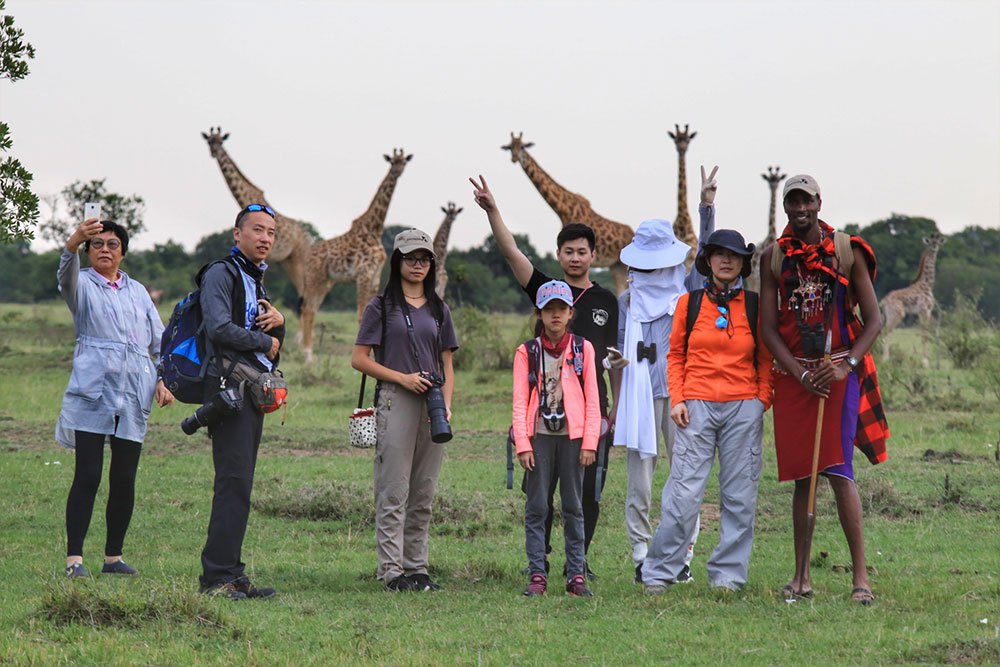Kenya is among countries with the potential to earn more from wildlife-based tourism through enhanced investment, the World Bank says.
In a report released in Nairobi, the World Bank said nature-based tourism is on the rise and could help provide solutions to challenges like poaching, loss of habitat, and low funding for protection of biodiversity.
“Wildlife tourism is a powerful tool that countries can leverage to grow and diversify their economies while protecting their biodiversity,” World Bank Lead Economist Richard Damania said.
“It is also a way to engage tourists in wildlife conservation and inject money into local communities living closest to wildlife. Success stories and lessons learned from nature-based tourism are emerging from across the globe,” he added.
“Countries like Kenya need to look to concrete examples of well-planned, sustainably-run tourism operations that have led to increased investments in protected areas and reserves, a reduction in poaching, an increase in the non-consumptive value of wildlife through viewing, and opportunities for rural communities to improve their livelihoods through tourism-related jobs, revenue-sharing arrangements, and co-management of natural resources,” Damania said.
According to Damania, tourism benefits need to be shared better.
“There is a lack of balance with too many tourists in some places, and none elsewhere. Some destinations face gross overcrowding, such as South Africa’s Krueger National Park or the Masai Mara in Kenya,” he said. “We need to be able to distribute the demand for tourists more equally.”
READ: Audit queries how Uhuru spent Sh8 billion
He said wildlife-based tourism ensures that those living closest to nature and wildlife must also benefit.
“The local inhabitants that live in the national parks or at their periphery are usually extremely poor. Having tourism operations that can benefit them is extremely important for social corporate reasons, but also for sustainability reasons.
“If the benefits of tourism flow to the local communities, they will value the parks much more,” he added.













Leave a comment